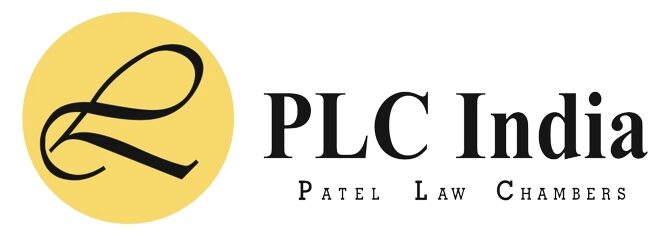The people who are well-known, potent, and relevant enough to influence others within their online social network are known as social media influencers or creators. They use social media platforms like Instagram, Facebook, YouTube, Twitter, TikTok, Snapchat, Pinterest, and many others to make money through advertising, product endorsements, and other revenue streams. One of the most powerful and successful forms of promotion and advertising is social media influence. Influencers, YouTubers, and other content creators, however, are more vulnerable to specific legal dangers affecting intellectual property rights as social media platforms become more dynamic and open to everyone (IPRs).
Due to these social media platforms’ widespread use and ease of access, plagiarism of content and unlawful use of trademarks and brand names have grown commonplace. IPRs of all kinds, including trademarks, copyrights, domain names, brand names, etc., are relevant to social media influencers.
Dhruv Rathee, a YouTuber, will take down “targeted” references to “real fruit juice” from his video. The Calcutta High Court grants Dabur temporary relief

Rathee’s video, according to Dabur, “unfairly compared” carbonated soft drinks to RTS fruit beverages and fresh fruit juice to Rathee’s registered trademark, which was only partially blurred.
Also, it was claimed that Rathee included slides from Dabur’s promotional advertising in the in question film, which the general public could clearly connect to the product “Real.” In this context, the court noted: “The contested video depicts a previous commercial that the petitioner had run regarding its product Real, as well as the petitioner’s product Real obscured in some way. In the contested video, the product of the petitioner Real has been constantly attacked in both overt and covert ways. Any consumer would realise that the item displayed in the contested video is the petitioner’s Actual product.
By using the package, label, and logo of the product Real without authorization in the contested video, the court found that Rathee had violated Dabur’s trademark. It read, “The respondent has also violated the provisions of section 29 (9) of the Trade Marks Act, 1999 and the Copyright Act, 1957 by publishing and disseminating the impugned video.”
The Calcutta HC directs the removal of the Dhruv Rathee video criticising Real fruit juice from social media platforms.
The video was made by content creator Dhruv Rathee, and the Calcutta High Court has ordered social media sites including Facebook, Instagram, and YouTube to take it down or limit access to it.
Dhruv Rathee is accused of “defaming and targeting” Dabur India’s Real fruit juice in the video. The new judgement was made because the offending elements of the video were still broadcast and disseminated on several digital platforms despite an earlier court order to have them removed. The court determined that Rathee’s unauthorised use of the packaging, label, and logo for Dabur’s Real product constituted a prima facie violation of trademark and copyright protection laws. In the earlier order, Rathee was instructed not to use the trademark, copyright content, or disseminate or upload the film until all references to the petitioner’s product were eliminated.
The court highlighted that while this is essential to the rule of law, everyone must obey court orders unless and until they have been overturned, altered, or changed. The court concluded that because the preceding court order was not followed, the balance between convenience and irreparable harm overwhelmingly favours issuing additional orders.
As a result, the court ordered that the impugned video be taken down, removed, or blocked, and access restrained from all URLs and web links insofar as they are under the control and domain of the respondents. In case any other URL or web link publishes or broadcasts the video, the petitioner may approach the court for appropriate relief.

Recent Comments